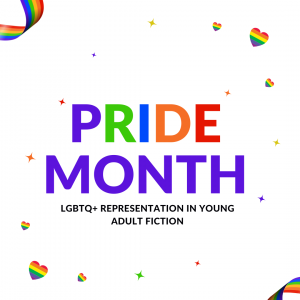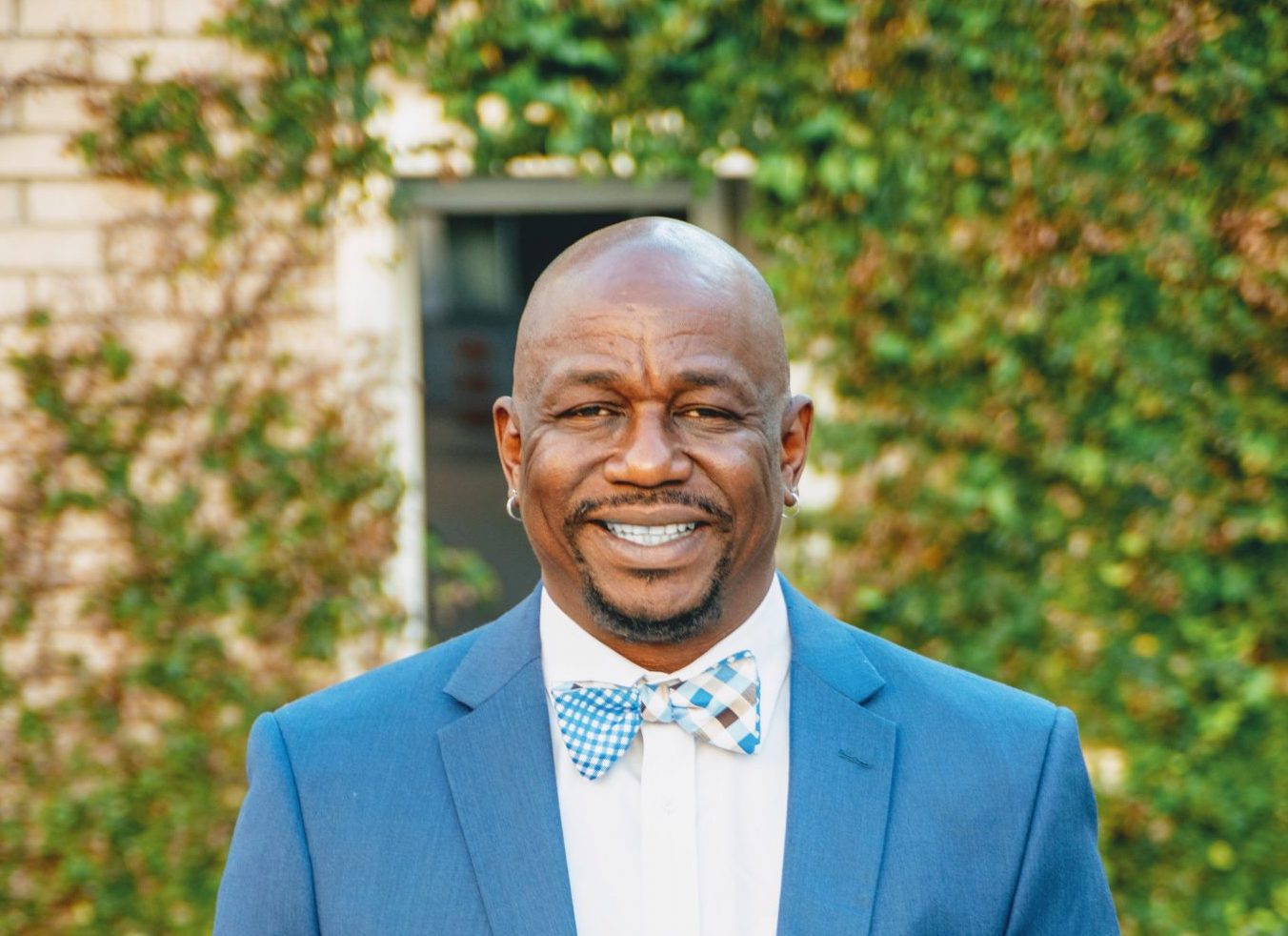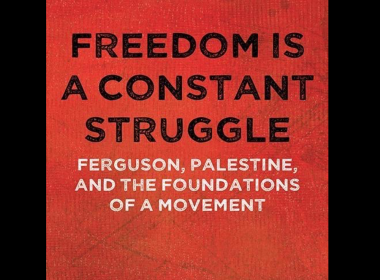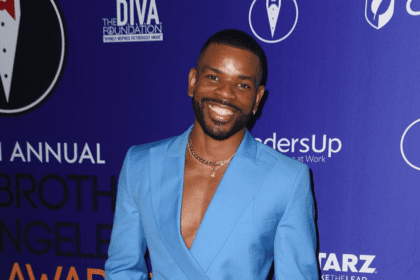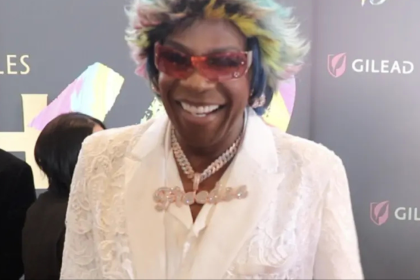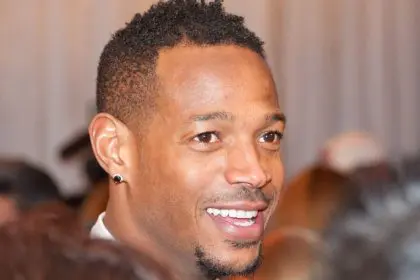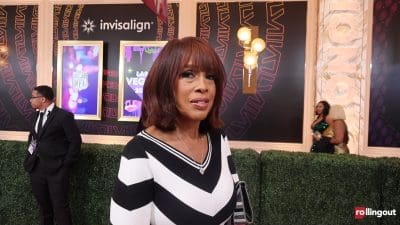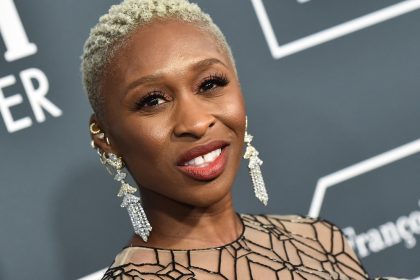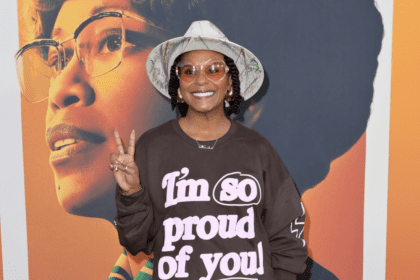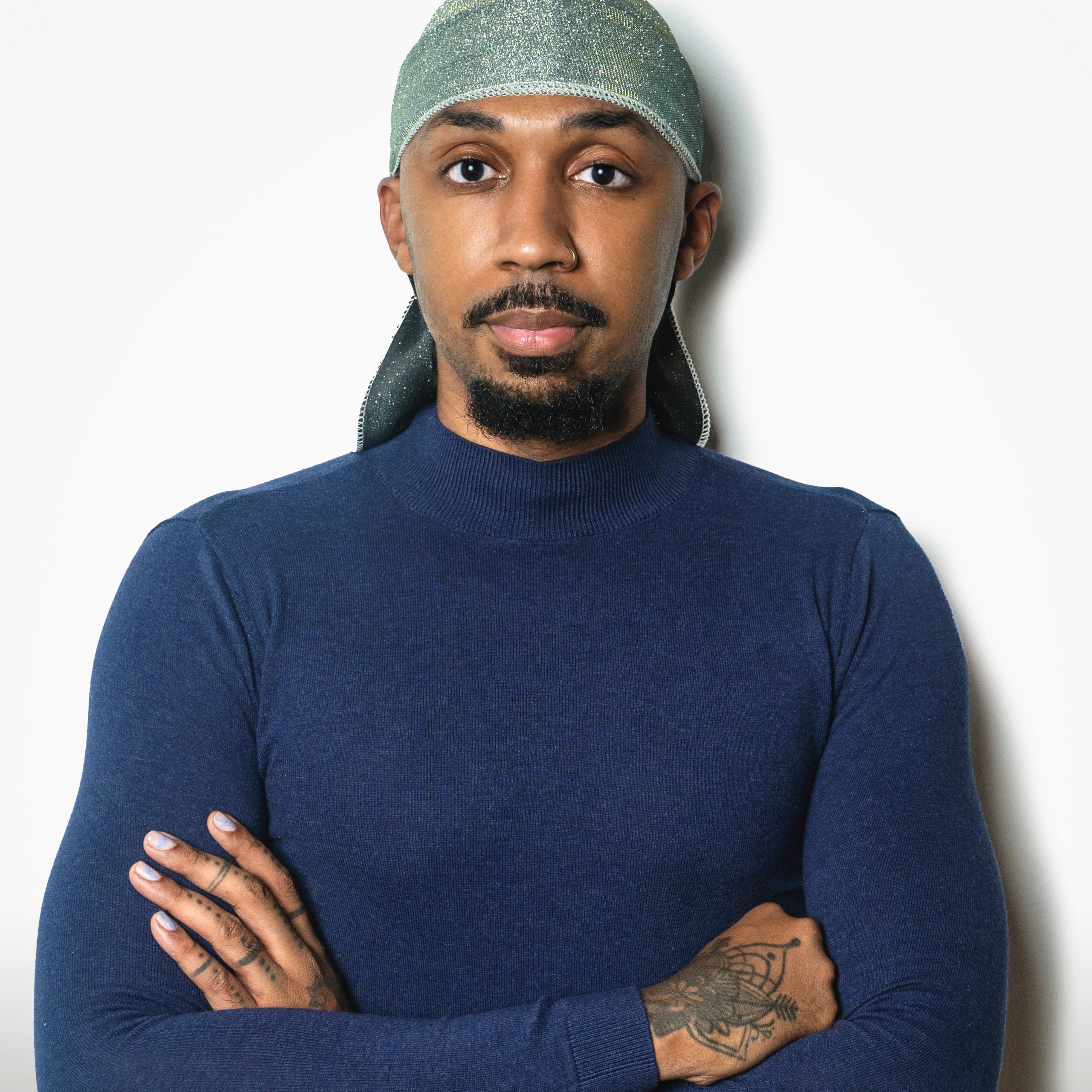
George M. Johnson’s memoir and debut book, All Boys Aren’t Blue, explores the LGBT+ activist’s childhood and their experience growing up Black and queer. Released in the early days of the pandemic, it was met with support and fanfare. It garnered accolades, however, in recent months the book has caused debates in regard to what is considered literature as school districts in parts of the country began banning it from library shelves. And while All Boys Aren’t Blue is not the first facing scrutiny, it will not be last. Rolling out had the opportunity to speak with them about the uproar.
Why did you write All Boys Aren’t Blue?
I wrote All Boys Aren’t Blue for two reasons. One, I wanted to write the book that I always wish I had the opportunity to read when I was a youth. And two, I wanted to ensure that my story was told in [an] effort to help heal those who I knew had a similar story like mine, but never got the opportunity to tell it. I think it was a twofold situation that I knew was necessary for a generation of Black queer youth and queer youth alike who face so many obstacles in a world not created for them. To let them know that someone out [there] had the same feelings and thoughts that they have and to prepare them for their journey while acknowledging that their journey was valid.
Continue reading on the next page.



